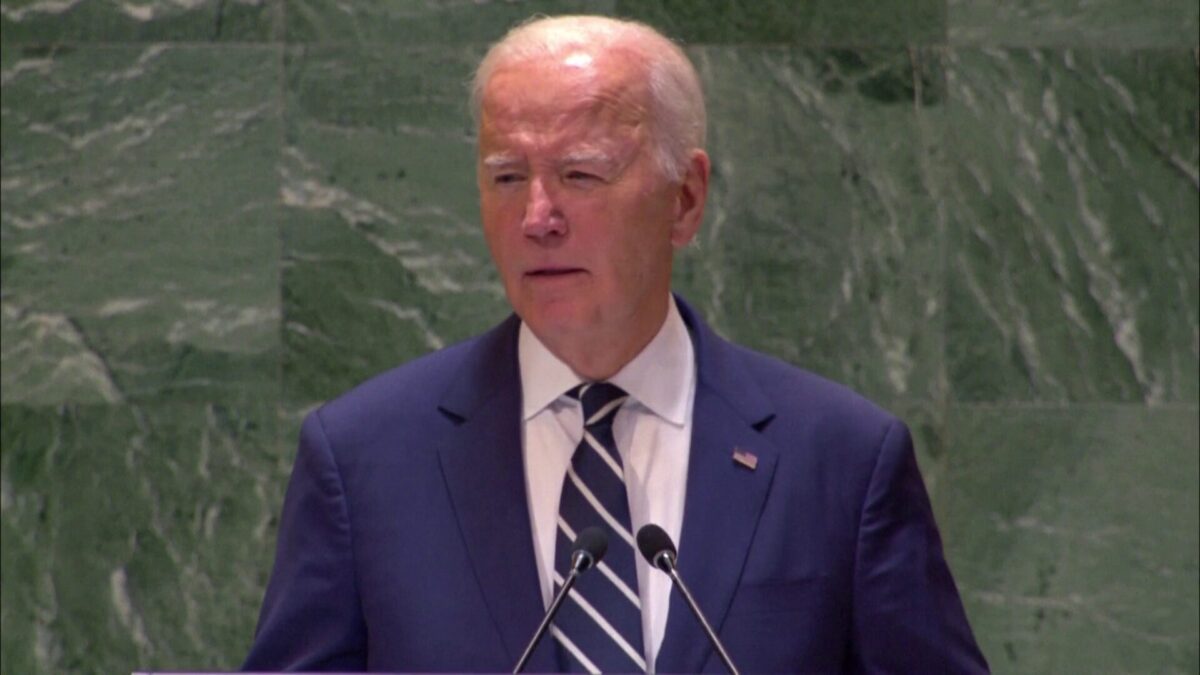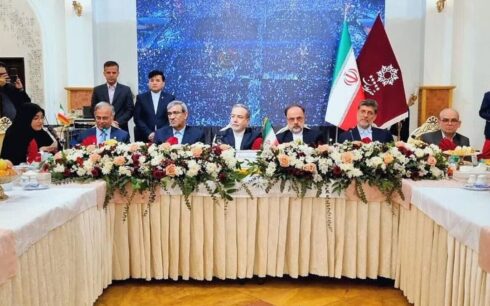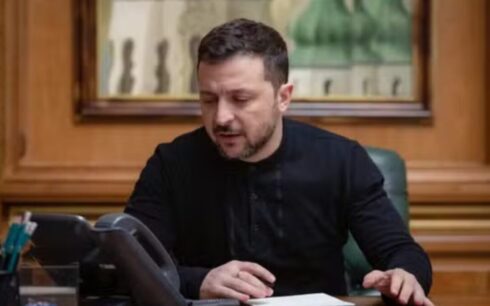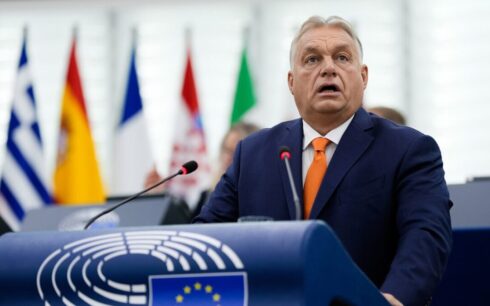In his final address to the United Nations as president, Joe Biden on Tuesday emphasized diplomacy as the key to resolving mounting global conflicts, including the war in Ukraine and the escalating violence between Israel and Hezbollah. Speaking with four months remaining in his presidency, Biden acknowledged the ongoing wars in Ukraine, Gaza, and Sudan, all of which are likely to extend beyond his term.
Biden took to the green-marbled lectern at the U.N. General Assembly to call for restraint, particularly in the Middle East, where Israeli forces have intensified strikes on Hezbollah targets in Lebanon. The president warned against a full-scale regional war. “Full-scale war is not in anyone’s interest. Even with the escalation, a diplomatic solution is still possible,” Biden told the 193-member assembly.
The president received applause when he called on Israel and Hamas to finalize a ceasefire and hostage release agreement, which has been backed by the U.S., Qatar, and Egypt. The nearly year-long conflict between Israel and Hamas in Gaza has stoked fears of a broader conflict, particularly in Lebanon, where tensions with Hezbollah continue to rise.
Firm support for Ukraine
Biden’s address also highlighted U.S. support for Ukraine, with Ukrainian President Volodymyr Zelensky in attendance. Referring to Russia’s invasion, Biden declared that “Putin’s war has failed at his core aim. He set out to destroy Ukraine, but Ukraine is still free.” Biden stressed the importance of continued international support, saying, “We cannot grow weary, we cannot look away, and we will not let up on our support for Ukraine, not until Ukraine wins with a just, durable peace.”
Despite Ukrainian efforts, Russia still controls nearly 20% of Ukraine, including much of the Donbas region. As Biden spoke, reports surfaced that Russian forces were advancing on Vuhledar, an eastern Ukrainian town that has resisted Russian attacks since the start of the war.
Biden is set to meet with Zelensky in Washington on Thursday to discuss a new Ukrainian peace plan, which is expected to include requests for additional military support.
Middle East and Iran
Biden also addressed the threat posed by Iran, which backs both Hamas and Hezbollah, and reaffirmed the U.S. commitment to preventing Iran from acquiring nuclear weapons. “Together we must deny oxygen to its terrorist proxies … and ensure that Iran will never, ever obtain a nuclear weapon,” Biden said.
He stressed that progress in Middle East diplomacy would better position the global community to counter Iran’s influence in the region.
Sudan and climate
Biden’s remarks extended to the conflict in Sudan, where warring parties have continued to battle despite international pleas for peace. “End this war now,” Biden implored the leaders of Sudan’s rival factions.
Biden’s U.N. speech was the centerpiece of a two-day visit to New York, which also included a climate address and a meeting with Vietnamese President To Lam. Strengthening relations with Vietnam, a key Southeast Asian nation and manufacturing hub, is part of Biden’s strategy to counterbalance China and Russia’s influence in the region.
Challenges for the next president
As Biden’s term nears its end, challenges such as Ukraine, Iran, China, and Gaza are expected to remain significant for his successor. Vice President Kamala Harris, who shares many of Biden’s foreign policy views, has taken a stronger stance on the humanitarian crisis in Gaza, calling attention to the high number of Palestinian deaths. Former President Donald Trump, who is running for re-election, has expressed skepticism about continued support for Ukraine and has been a staunch backer of Israeli Prime Minister Benjamin Netanyahu.
Under Biden’s leadership, the U.S. has provided extensive military aid to Ukraine and has maintained strong NATO solidarity behind Kyiv. Yet the conflict has largely reached a stalemate, with Russia holding parts of eastern Ukraine captured early in the war.





